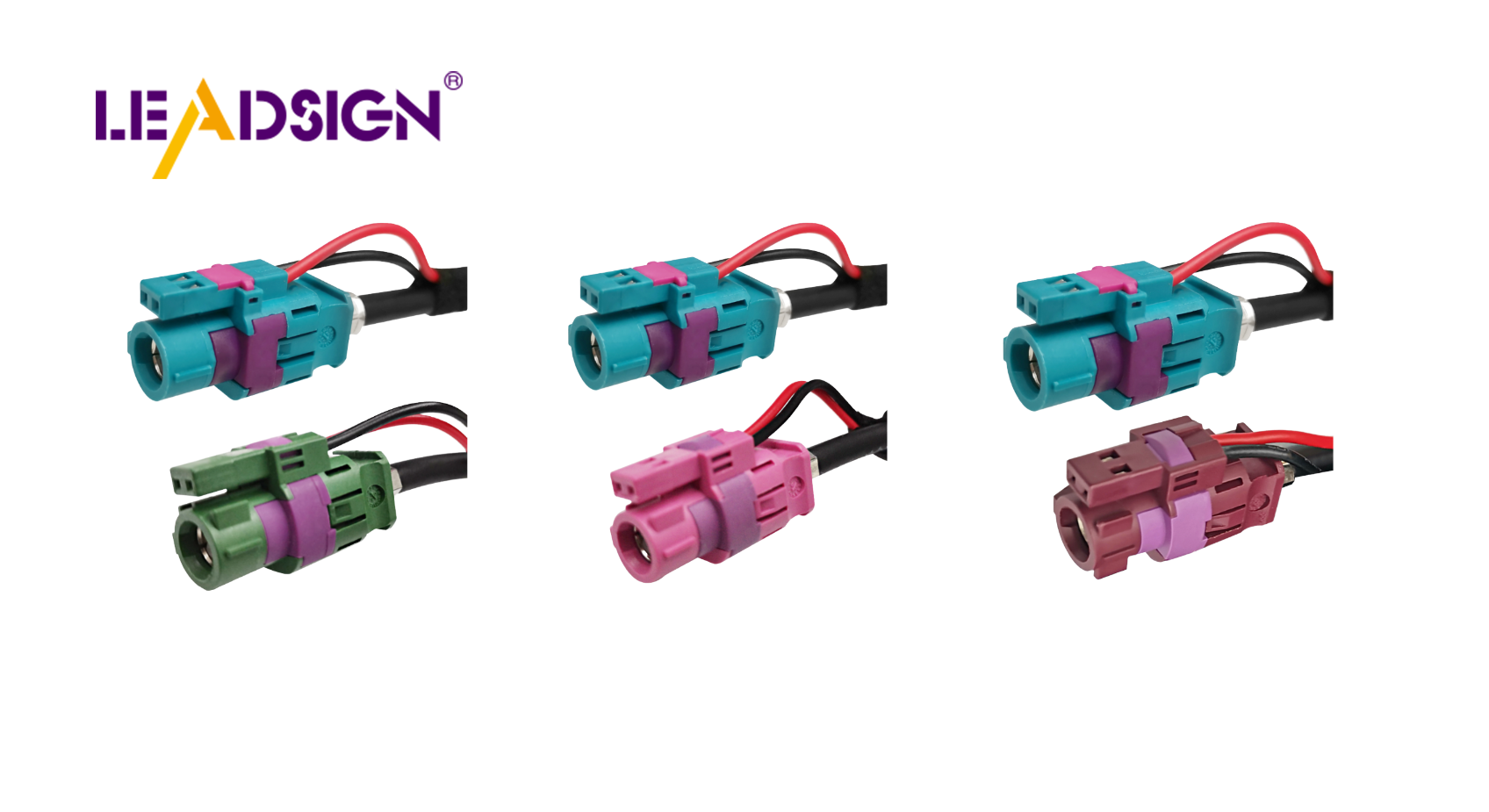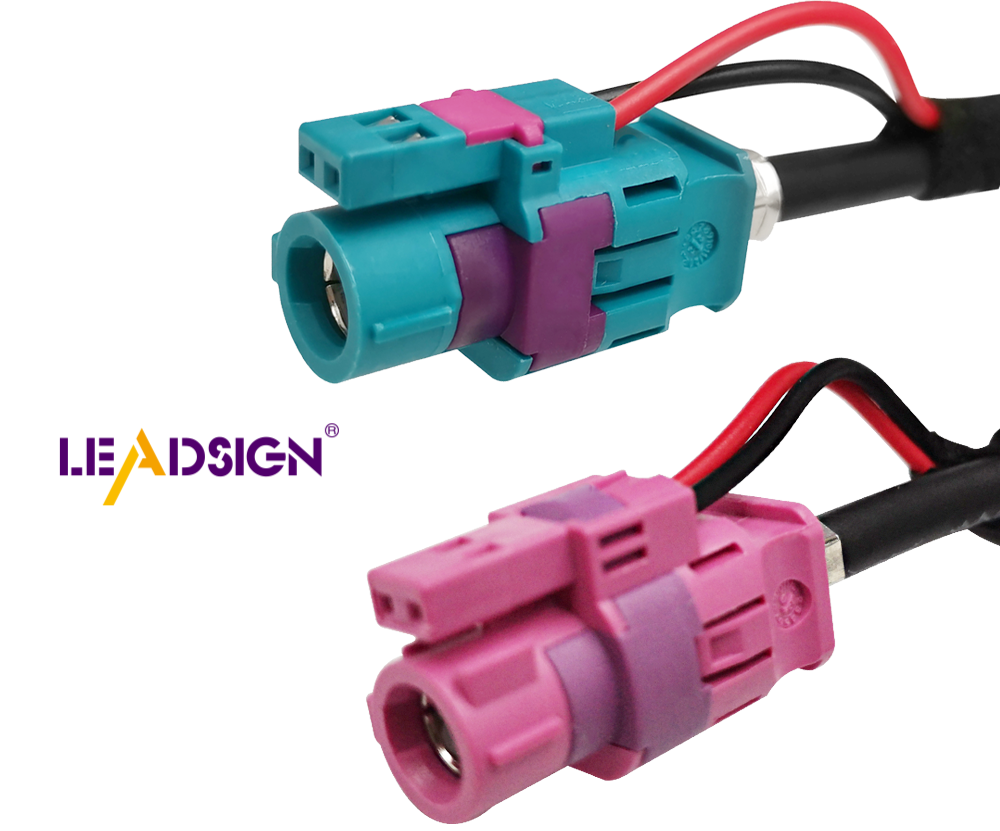Why Choosing the Right Car Wiring Wire Protects Your Vehicle

Your car's safety depends on good electrical parts, including high-quality car wiring wire. Picking the right wires helps lights and airbags work well. Strong car wiring wire handles heat, rust, and damage better, preventing problems like fires or short circuits. Bad wires can break safety systems and cost a lot to fix. Using strong, proper car wiring wire keeps your car safe and ensures it lasts longer.
Key Takeaways
Choosing high-quality car wiring wire is essential for the safety and reliability of critical systems like airbags and brakes.
Strong wires prevent electrical problems, reducing the risk of fires and costly repairs, ultimately saving you money in the long run.
Understanding the different types of automotive wires and their materials, such as copper and XLPE, helps you make informed choices for your vehicle's needs.
Regularly checking and maintaining your car's wiring system can catch issues early, ensuring your vehicle remains safe and efficient.
Using industry-standard wires guarantees compliance with safety regulations, enhancing the overall performance and longevity of your car.
Investing in the right wiring not only boosts your car's performance but also supports modern technology, ensuring smooth operation of advanced systems.
Why Automotive Wire Matters in Cars Today
Keeping Your Car Safe
Car wires are important for keeping your car safe. They help systems like airbags, brakes, and lights work properly. Good wires keep strong connections and stop short circuits. Bad wires can break these systems and put people in danger. Choosing good wires makes your car safer and avoids risks.
Avoiding Electrical Problems
Electrical problems can cost a lot and be dangerous. Strong wires stop power loss and overheating, which can cause fires. Weak wires often break and cause system failures. Using tested wires keeps your car working well, even in tough conditions.
Helping Modern Car Technology
New cars use advanced technology like GPS and screens. These systems need strong and steady wires to work right. Good wires handle fast data and block interference. Picking the right wires helps these systems run smoothly and keeps your car updated with new tech.
Types of Automotive Wires and Their Importance

Knowing about different automotive wires helps you choose wisely. Each wire type has a job to keep your car safe and working well.
Common Materials Used in Automotive Wire
The material of a wire affects how it works. Copper is the most popular because it carries electricity well. It helps power flow easily, improving your car's performance. Copper wires are best for important parts like lights and safety systems.
Some wires use aluminum instead of copper. Aluminum is lighter, so it’s good when weight matters. But it doesn’t carry electricity as well as copper. That’s why it’s used in less important systems.
Insulation protects wires from damage. Polyvinyl Chloride (PVC) and Cross-Linked Polyethylene (XLPE) are common choices. PVC guards against heat and water. XLPE is stronger and resists high heat, chemicals, and scratches. For tough conditions, XLPE-insulated wires work best.
Applications of Automotive Wires in Different Vehicle Systems
Automotive wires power many parts of your car. They connect systems to keep everything running smoothly. Here are some examples:
Safety Systems: Wires power airbags, brakes, and stability controls. Good wires make sure these systems work to keep everyone safe.
Infotainment Systems: Modern cars have screens, GPS, and audio systems. Shielded wires stop interference, keeping these systems clear and working well.
Engine and Transmission Systems: Special harnesses organize and protect engine and transmission wires. This makes them last longer and easier to fix.
Lighting Systems: Wires connect headlights, taillights, and inside lights. Strong wires with good insulation stop problems and keep lights working.
Data Transmission: New cars use wires for fast data sharing. These wires help tech like Ethernet and USB work smoothly between parts.
Choosing the right wires for each job makes your car last longer. Using strong materials and good insulation keeps your car’s electrical system reliable every day.
Key Factors to Think About When Picking Automotive Wire
Picking the right car wire keeps your vehicle safe and working well. Knowing about strength, fit, and weather resistance helps you choose wisely.
Strength and Heat Protection
Car wires deal with tough conditions every day. They face heat, shaking, and wear. Wires with strong covers, like Cross-Linked Polyethylene (XLPE), handle heat better than PVC. XLPE wires stay strong in harsh places and avoid overheating. This strength stops electrical problems from happening.
Choose wires made to last a long time. Good connectors and a quality cable harness help wires handle stress. These parts keep connections steady and stop power loss or short circuits. Checking wires often can catch problems early and keep your car wiring in good shape.
Matching Your Car's Electrical System
Not all wires work for every car. Your car needs wires that fit its power needs. Using the wrong wires can break systems or cause damage. For example, cars with advanced tech need wires that send data fast without issues.
A quality cable harness helps organize and protect wires. It keeps them in the right place for better safety and performance. Strong connectors also make sure wires stay connected properly. Always check your car's guide to pick the best wires for it.
Weather Resistance and Long Life
Car wires must handle water, chemicals, and bad weather. Weak wires rust fast and need fixing often. Wires with tough covers, like XLPE, resist water, oil, and scratches. This makes them last longer in hard conditions.
A quality cable harness keeps wires safe from damage outside. It protects them and helps them last longer. Checking wires often keeps them in good shape and avoids sudden problems. Taking care of your car wires keeps your car safe and reliable.
By focusing on these things, you can pick wires that make your car safer and better. Strong, fitting, and weatherproof wires lower risks and improve your driving.
Benefits of Using Strong Automotive Wires
Better Safety and Dependability
Good car wires keep your vehicle safe and reliable. They make strong connections, stopping short circuits and fire risks. These wires resist rust and damage, helping airbags, brakes, and lights work well. This keeps you and your passengers safer. Picking the right wires helps important systems work, even in tough conditions.
Lower Repair Costs
Using strong wires saves money over time. They last longer, so you don’t need to replace them often. Durable wires prevent electrical problems that can be expensive to fix. They also handle heat, water, and chemicals without breaking. Reliable wires make it easier to find small issues early, avoiding big repairs later.
Boosted Car Performance
High-quality wires improve how your car works. They carry power well, reducing energy loss and voltage drops. This helps your engine run smoothly and saves fuel. Modern tech like screens and safety features work better with good wires. Better performance makes driving easier and keeps your car’s electrical parts lasting longer.
Strong automotive wires do more than just work. They make your car safer, cut repair costs, and improve performance. Choosing them protects your car and helps it last longer.
Picking the right car wires is very important. Good wires help airbags and brakes work safely. They lower the chance of electrical problems. Strong wires save energy by stopping power loss. Experts say this improves your car's efficiency. Durable wires last longer and cost less to replace. Choosing strong, fitting wires keeps your car safe. It also makes driving easier and safer.
What types of wires are commonly used in vehicles?
Cars use different wires for specific jobs. Primary wires handle basic electrical tasks. Battery cables send power from the battery to key parts. Brake wires make sure brake lights work. Special wires like sensor wires and speaker wires help advanced systems. Each wire type is important for safety and performance.
Why is copper the most popular material for automotive wires?
Copper is popular because it carries electricity very well. It helps power flow smoothly, which is needed for lights and safety systems. Copper also fights rust, so it lasts in tough conditions. Aluminum is lighter and used for less important parts, but copper is better for reliability.
How do I determine the right wire gauge for my vehicle?
The wire size depends on how much power it needs to carry. Thick wires (low numbers) carry more power. Thin wires (high numbers) are for smaller power needs. Check your car’s manual or ask an expert to pick the right size.
What is the role of insulation in automotive wires?
Insulation keeps wires safe from heat, water, and damage. Materials like PVC and XLPE are common. PVC gives basic protection, while XLPE handles high heat and chemicals. Good insulation stops short circuits and helps wires last longer.
How do wiring harnesses improve a vehicle's electrical system?
Wiring harnesses keep wires neat and safe. They stop wires from tangling or breaking, which prevents problems. A good harness makes repairs easier and keeps the car’s electrical system working well.
Can automotive wires withstand harsh conditions?
Yes, good wires are made to handle tough conditions. They resist heat, shaking, water, and chemicals. Strong materials and good design help wires work well for a long time.
Why is it important to use industry-standard automotive wires?
Industry-standard wires meet strict safety rules. They work reliably and lower the chance of problems like overheating. Non-standard wires may break easily, causing costly repairs.
How do I choose the right wire for modern car technology?
Modern cars need wires for fast data and no interference. Look for shielded wires made for high-speed systems like GPS and screens. These wires help new tech work properly.
What are the benefits of using high-quality automotive wires?
Good wires make cars safer by stopping short circuits and fires. They last longer, cutting repair costs. They also improve performance by delivering power efficiently. Quality wires protect your car and make driving better.
How can I maintain my car’s wiring system?
Check your wires often for damage or loose connections. Use a quality cable harness to keep wires safe. Taking care of your wires keeps your car safe and reliable.
See Also
Boosting Data Transfer: Significance of Fast Automotive Connectors
Improving Vehicle Data Flow: Cutting-Edge Connectors and Wires
Significance of Fakra Connectors in Today's Automotive Technology
Benefits of HFM Connectors for Modern Automotive Applications

